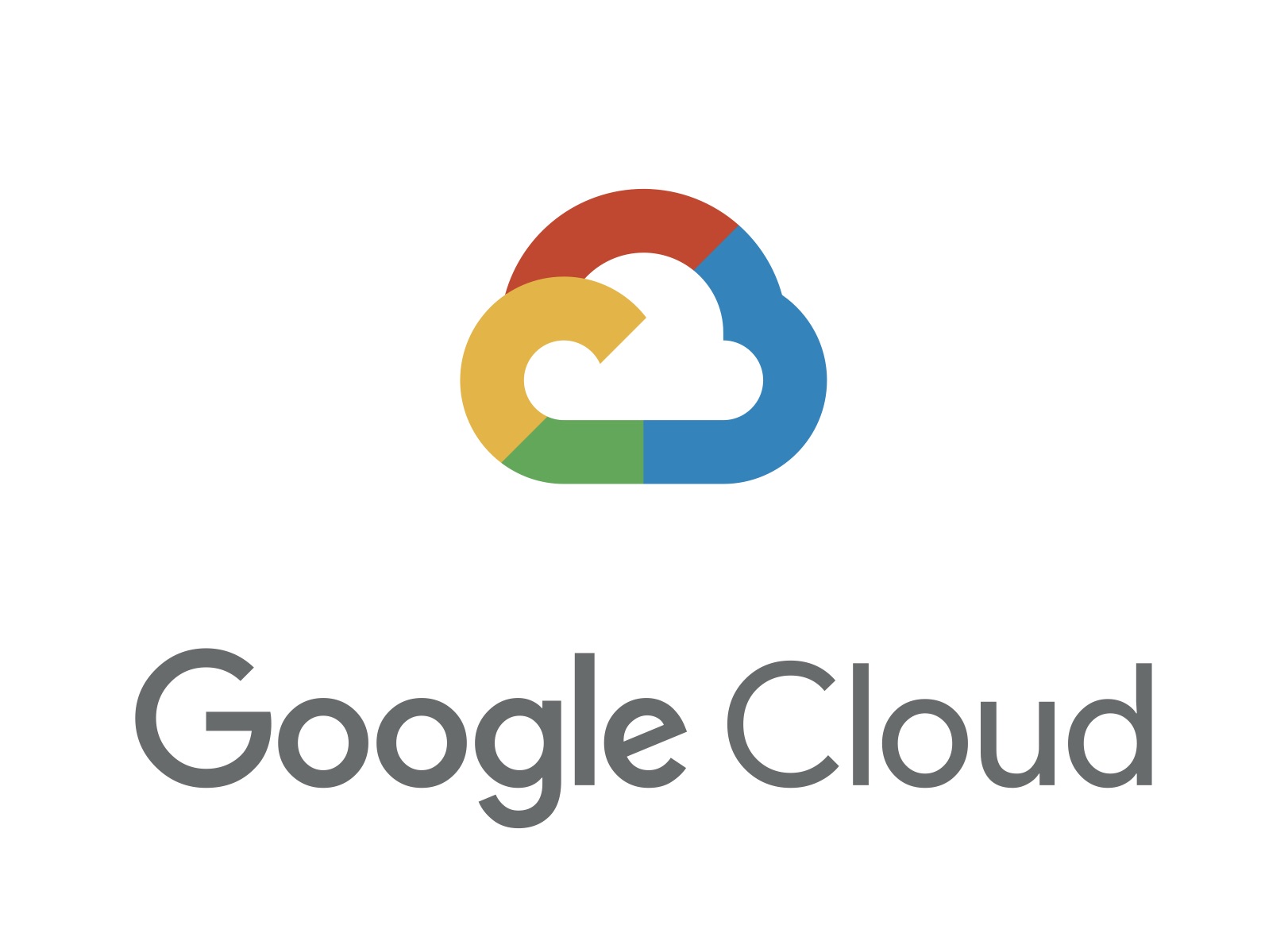Ricardo Bianchini (Microsoft Research)
Abstract
The serverless computing paradigm has attractive properties, such as pay-per-use and fast scale-out. Unfortunately, it also has some key shortcomings that have so far limited its wide applicability. For example, current approaches for cold-start management either incur high latency or high resource overheads. As another example, running data-intensive applications in serverless platforms is currently slow or requires additional machinery. In this talk, I will describe our efforts towards understanding current serverless workloads, optimizing their cold start performance and efficiency, and broadening the scope of applications that can run efficiently in serverless platforms. Some of these efforts have already started transitioning to production in Azure Functions. I will conclude the talk with some open challenges going forward
Bio
Dr. Ricardo Bianchini is a Distinguished Engineer at Microsoft, where he leads efforts to improve the efficiency of the company's online services and datacenters. He also leads the Systems Research Group at Microsoft Research in Redmond. His main research interests include cloud and serverless computing, datacenter efficiency, and leveraging machine learning to improve systems. He has published nine award papers and received the CAREER award from the National Science Foundation. He has given several conference keynote talks and served on numerous program committees, including as Program Co-Chair of ASPLOS’18, EuroSys’17, and ICDCS’16. He is an ACM Fellow and an IEEE Fellow











